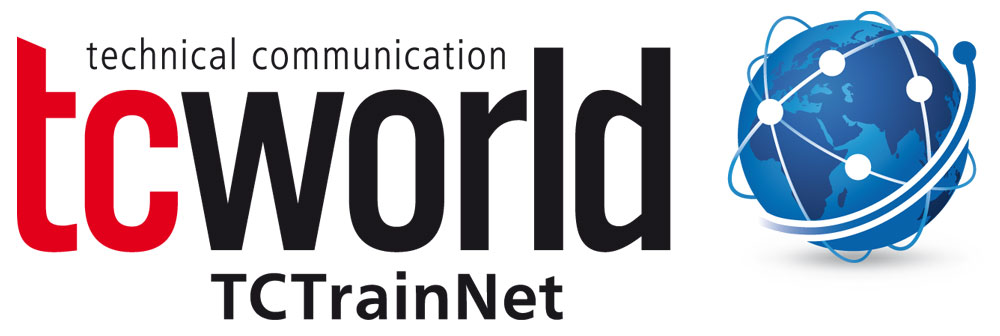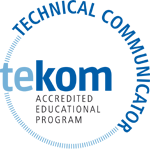The basis of research is the research plan. Here, what questions will be asked, what information is procured, and how the material is assessed and examined are described. Frequently, product-accompanying documents such as requirement specifications and available user information as well as supplier documents are examined. Important topics for research are contained in use cases, standard specifications and terminology lists, which also help in quality assurance. Likewise, open “W” questions aid in the specific search for information. Such a chain of questions could be: what, where, who, when and why. The advantage of “W” questions is the structure resulting from the chain.
Another research method is to examine a product. The procedure is similar to research in documents. Here, it is advantageous to test on the product itself the practicability of the actions described. To complement these, interviewing experts enables one to learn further details or important standards – for this, it is advisable to plan appointments and “W” questions. For the interview to be successful, the dimensions of open conversational skills such as empathy, appreciation, and focus are of particular significance.
A very interesting source is target group questions about the product, which are accessible via user messages in a support system. The results make it possible to focus on the user’s perspective and to optimize appropriately for the target group.



